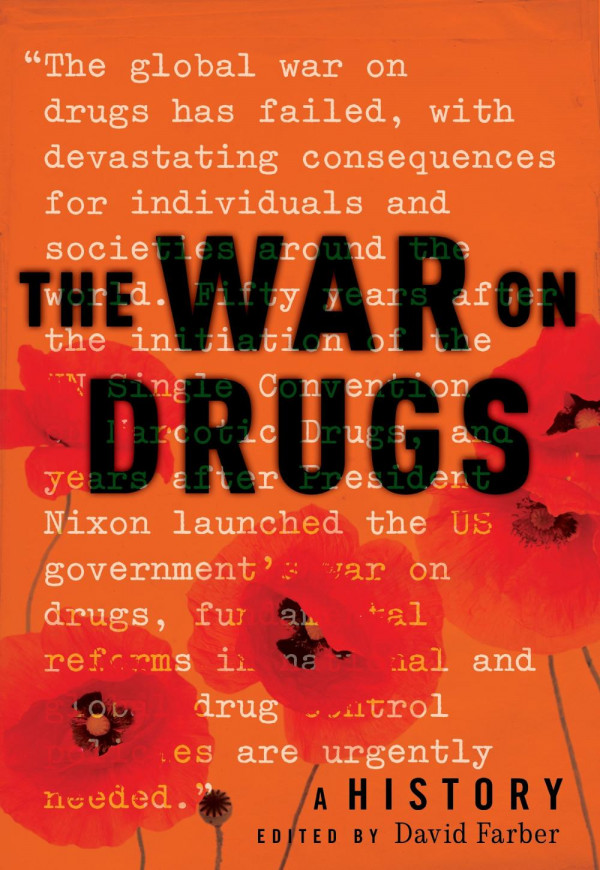

Most ebook files are in PDF format, so you can easily read them using various software such as Foxit Reader or directly on the Google Chrome browser.
Some ebook files are released by publishers in other formats such as .awz, .mobi, .epub, .fb2, etc. You may need to install specific software to read these formats on mobile/PC, such as Calibre.
Please read the tutorial at this link: https://ebookbell.com/faq
We offer FREE conversion to the popular formats you request; however, this may take some time. Therefore, right after payment, please email us, and we will try to provide the service as quickly as possible.
For some exceptional file formats or broken links (if any), please refrain from opening any disputes. Instead, email us first, and we will try to assist within a maximum of 6 hours.
EbookBell Team

4.8
104 reviewsA revealing look at the history and legacy of the "War on Drugs"
Fifty years after President Richard Nixon declared a "War on Drugs," the United States government has spent over a trillion dollars fighting a losing battle. In recent years, about 1.5 million people have been arrested annually on drug charges—most of them involving cannabis—and nearly 500,000 Americans are currently incarcerated for drug offenses. Today, as a response to the dire human and financial costs, Americans are fast losing their faith that a War on Drugs is fair, moral, or effective.
In a rare multi-faceted overview of the underground drug market, featuring historical and ethnographic accounts of illegal drug production, distribution, and sales, The War on Drugs: A History examines how drug war policies contributed to the making of the carceral state, racial injustice, regulatory disasters, and a massive underground economy. At the same time, the collection explores how aggressive anti-drug policies produced a “deviant” form of globalization that offered economically marginalized people an economic life-line as players in a remunerative transnational supply and distribution network of illicit drugs. While several essays demonstrate how government enforcement of drug laws disproportionately punished marginalized suppliers and users, other essays assess how anti-drug warriors denigrated science and medical expertise by encouraging moral panics that contributed to the blanket criminalization of certain drugs.
By analyzing the key issues, debates, events, and actors surrounding the War on Drugs, this timely and impressive volume provides a deeper understanding of the role these policies have played in making our current political landscape and how we can find the way forward to a more just and humane drug policy regime.